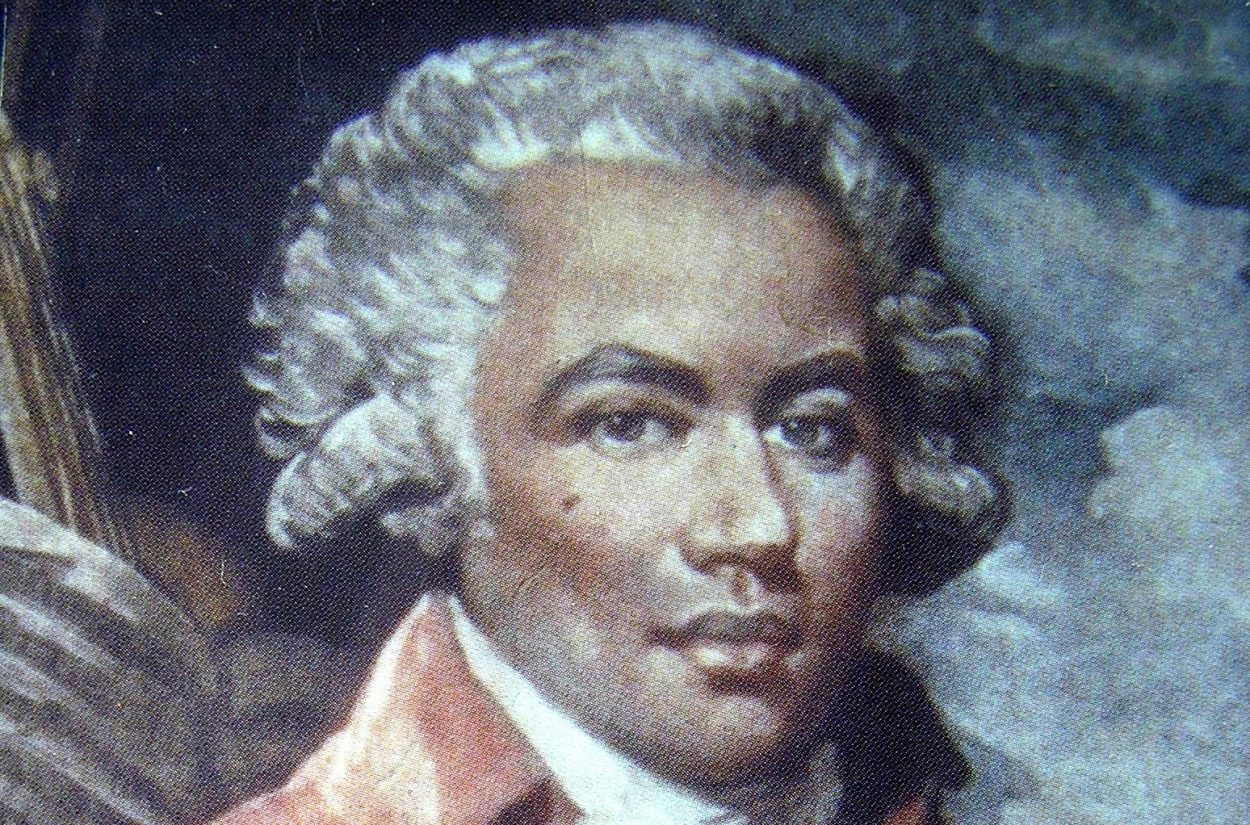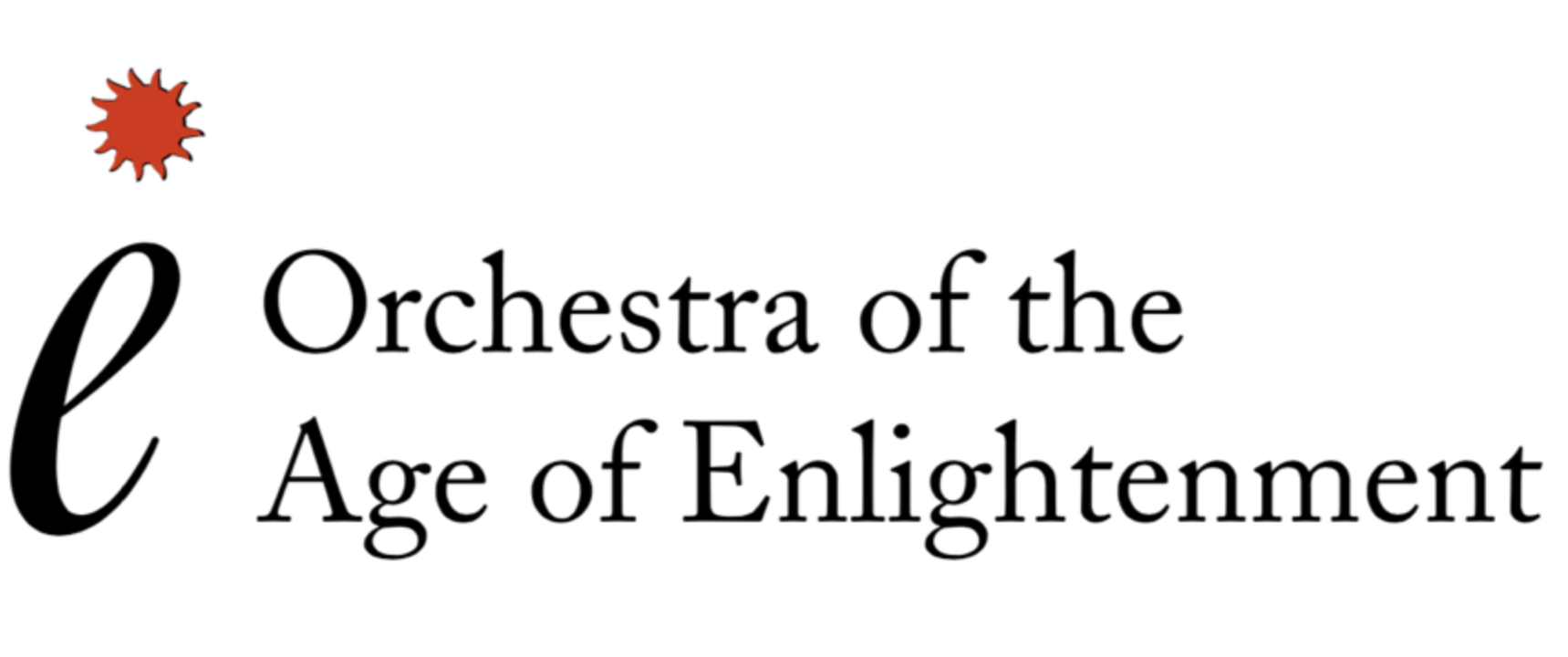Introducing… Chevalier de Saint-Georges (1745 – 1799) 27 August 2016

His Times: Owing to the Abolitionist Movement and the French Revolution, France in the late 18th century was not a particularly stable place to be living. This was however where Joseph Bologne (better known as Le Chevalier de Saint-Georges) plied his trade. Whilst his father was a wealthy aristocrat he was born illegitimately to one of his father’s African slaves, and French attitudes towards race – though more progressive than other nations – still meant that he could not be considered nobility along with his father. There was lots of political tension surrounding freedom of religion, legalisation of divorce, and civil rights for black and Jewish people which culminated in the French Revolution, and this combined with Saint-George’s connections with both the Republicans and the Monarchy throughout his life meant his career as a musician was able to thrive despite the odds.
His Music: Saint-George was known to have composed some of the first string quartets in France, drawing inspiration from Haydn’s earlier quartets which had been gaining popularity in France. Being a virtuoso violinist, he also composed sonatas and concertos for violin in which he would often perform as the soloist along with the prestigious Concert des Amateurs, pushing the technical limits of the instrument. He also helped push the development of the new Parisian style of “Sinfonia Concertante”, in which the prominent soloist technique of the concerto was combined the instrumental unity of the Symphony.
Himself: Music was not the be all and end all of the “Black Mozart” as many people came to call him. In addition to being a talented violinist and composer, he was also a champion fencer described as a graceful fighter with arms as fast as lightning. Perhaps most notably he beat the Chevalier D’Eon, a mysterious French spy, in a fencing match. When the French Revolution broke out he fought on the side of the Revolutionaries, becoming Colonel of a Cavalry Regiment comprised of free men of colour.

